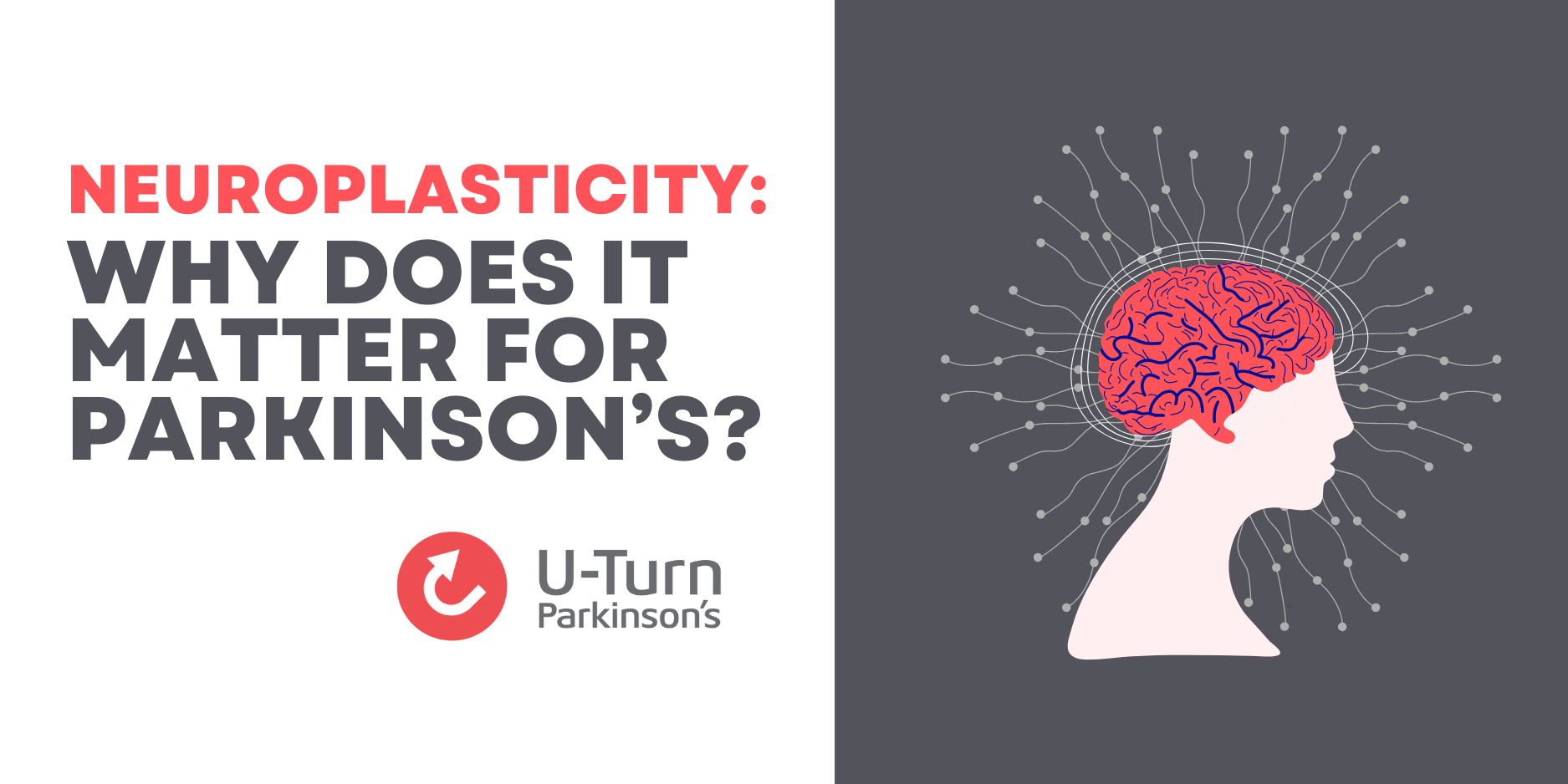
What Is Neuroplasticity and Why Does It Matter for Parkinson’s?
If you’ve ever wondered how movement and learning can help you live better with Parkinson’s, the answer lies in a powerful concept: neuroplasticity.
Neuroplasticity is the brain’s ability to change, adapt, and form new neural pathways in response to experience. That means even though Parkinson’s causes the loss of certain brain cells, your brain can still learn, reroute, and grow, especially when we challenge it with new and intentional movement.
Why Is Neuroplasticity So Important in Parkinson’s?
Parkinson’s disease affects the brain’s motor system, but it doesn’t take away your brain’s ability to change. Through consistent, targeted activity, people with Parkinson’s can improve their mobility, balance, voice and cognitive function, which can slow the progression of symptoms.
Researchers have found that exercise, particularly when it is aerobic, goal-directed, or skill-based, can drive neuroplastic change in people with Parkinson’s disease (Petzinger et al., 2013).
So… What Kind of Activities Help?
Neuroplasticity is driven by three main principles:
- Repetition – The brain strengthens what we do often.
- Challenge – New or difficult tasks spark new connections.
- Novelty – Learning something new is like giving your brain a workout.
At U-TurnPD, our programs are designed with these principles in mind. When you challenge yourself to focus on coordination in a Power Stretch class, when you’re learning new combinations in Dancing with Parkinson’s and Boxing, or when you’re learning breath and vocal control in Vocal Power, you’re doing more than exercising – you’re training your brain. Challenging yourself intentionally and working hard to get the steps or movement right, is making a big difference!
What You Can Do This Month
- Try a new class
- Slow down your movements and practice correctly: rushing is robbing your brain of progress!
- Practice a new skill regularly
- Add variety to your weekly routine
- Stay connected: social engagement boosts brain health too!
It’s never too late to rewire your brain. Every small effort adds up. The key is consistency, curiosity, and community and you’ve already got all of that right here at U-TurnPD.
Sources:
- Petzinger, G. M., Fisher, B. E., Van Leeuwen, J. E., Vukovic, M., Akopian, G., Meshul, C. K., & Walsh, J. P. (2013). Exercise-enhanced neuroplasticity targeting motor and cognitive circuitry in Parkinson’s disease. The Lancet Neurology, 12(7), 716–726. https://doi.org/10.1016/S1474-4422(13)70123-6
- Kleim, J. A., & Jones, T. A. (2008). Principles of experience-dependent neural plasticity: implications for rehabilitation after brain damage. Journal of Speech, Language, and Hearing Research, 51(1), S225–S239. https://doi.org/10.1044/1092-4388(2008/018)
- National Institute on Aging. (2020). Cognitive health and older adults. https://www.nia.nih.gov/health/cognitive-health-and-older-adults
Register to join our free-of-charge, Parkinson’s-specific programming: http://uturnparkinsons.org/our-community/#account
Jordana,
Have a question?
Contact us at:
Phone: 204-510-4869
Email: info@uturnpd.org

